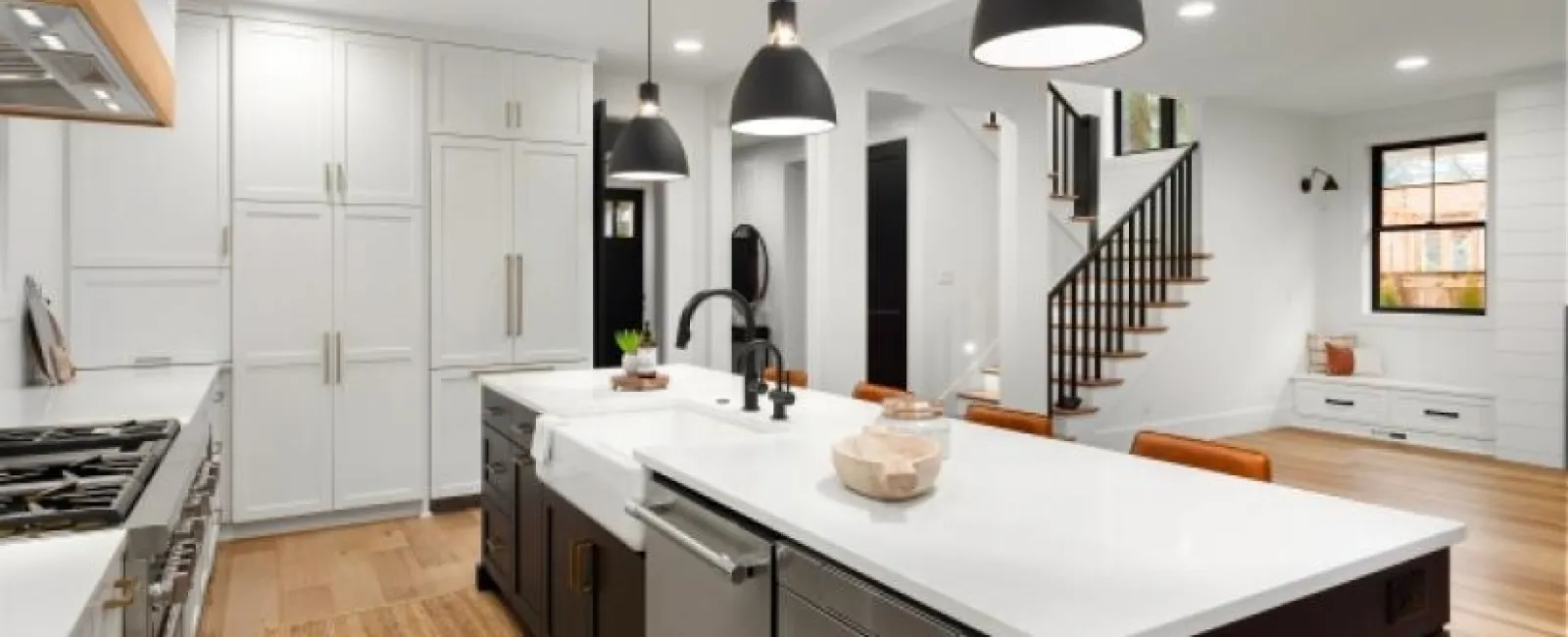Lighting for commercial or residential applications is critical for providing comfortable and efficient interiors. Lighting controls, ambient light levels, and functionality all play essential roles in creating spaces that have the correct ambiance and function both aesthetically and practically. Mr. Electric can assist with all of your lighting installation needs.
Rating systems are designed to help determine the most effective and appropriate types of lighting and fixtures to be used in a given application. Numerous rating systems and standards exist, but one of the most important is the IC (Insulation Contact) rating for recessed lights. Understanding the insulating capabilities of your lighting can help you determine the suitability of a given fixture without any danger of an electrical fire.
What Is IC Rating For Recessed Lighting?
IC (Insulation Contact) rating is one of the most important factors when buying recessed lights. This rating indicates how much heat the lights can handle before melting or burning. The lower the IC rating, the more heat it can handle.
The higher insulation contact rating means less heat transfer. You will spend less money on your electricity bills since you won't have to keep turning up the temperature in your home just so that your lights don't get hot enough to melt or burn out.
In addition to using lower wattage bulbs, you should also use IC-rated light fixtures when installing recessed lighting in your home.
IC Rating is for safety. It is a regulated rating to avoid any potential fire hazards with your recessed lighting or any lighting that can come in contact with insulation. Additionally, IC Rating protects the light fixtures from moisture and other concerns that can lead to expensive repairs.
IC Rating is not required for surface lighting since the light does not come in contact with insulation. However, you will want to ensure that your light fixtures are not too hot to touch after a few hours of use. If they are, then you need to insulate them.
How Can You Tell If Recessed Lights Are IC Rated?
You can tell if your recessed fixture is IC rated by looking at the metal part of the bulb housing. If two metal tabs are coming out from each side and bent over, they are IC rated. If there is only one tab (which looks like a little hook), it is not.
Pros and Cons of Recessed Lighting
Recessed lighting adds light to your home, without taking up any additional space. Recessed lighting has many benefits that make it a popular choice for homeowners. With so many pros and cons, it's essential to have all the information before deciding if this type of lighting will work for you.
Pros of Recessed Lighting
Recessed lights are energy-efficient and provide good lighting coverage. They don't emit heat like other light sources, so they don't need vents or fans, making them more attractive in some spaces than overhead fixtures. In addition, they are easy to install and don't require wiring after the initial installation.
Cons of Recessed Lighting
Recessed lighting isn't suitable for every room in the house because it cannot be adjusted easily or aimed at different angles like other types of fixtures. They also take up space beneath the ceiling that might otherwise be used for storage or decorating purposes.
We Can Help With Your IC-Rated Lighting
A licensed electrician from Mr. Electric can help insulate around IC-rated recessed lighting. Our expert team at Mr. Electric will be able to help you with all your insulation needs.




